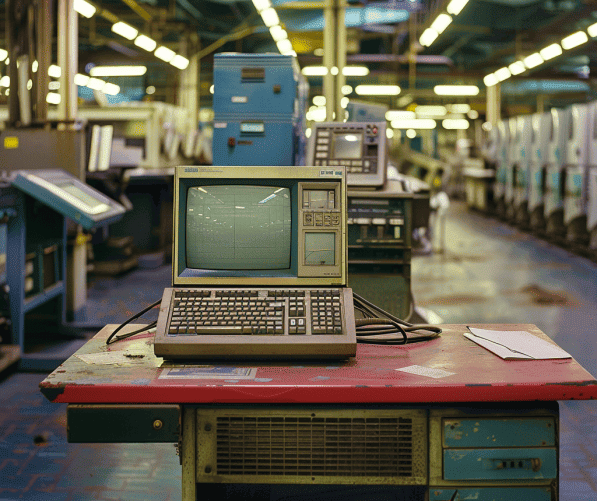Process Automation
rocess automation consists of transferring certain repetitive tasks (with low added value) carried out manually to a computerized system. The more a system is automated, the higher the production capacity.
Without an M.E.S.: Automation is Incomplete
Automation is possible without an M.E.S. However, in that case, machine automation will not be exploited to its full potential. This is due to the fact that machines are not able to communicate with the rest of the production line, which considerably limits the impact on production capacity.
With an M.E.S.: Integration with the System in Place is Made Possible
Automation is enhanced when an MES is implemented because it connects machines and other tools in the production chain, like, for example, the ERP. Information in the system thus generates greater production capacity through better equipment monitoring.


















